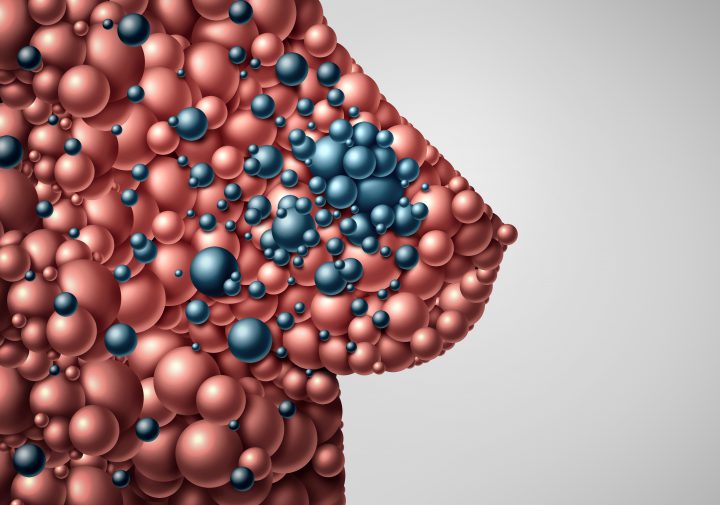People have different views about cancer – some look at it as a challenge to overcome, while some think it is just a detour in their smooth running life. When the word ‘cancer’ is used for a condition, in many cases they are malignant, and in some cases, they may ‘potentially’ spread.
 When cancers spread to other parts of the body from their original part, they are termed metastatic cancers.
When cancers spread to other parts of the body from their original part, they are termed metastatic cancers.
Metastatic breast cancer, also called stage 4 breast cancer, occurs when the cells from the original tumour in the breast break-off and spread to other parts of the body either via the bloodstream or the lymphatic system. A shocking 30% of women who have been diagnosed with early-stage breast cancer tend to develop metastatic breast cancer later on in their lives.
In many women, the breast cancer goes undetected until it has spread to other parts of the body and results in symptoms. This type of metastatic cancer is called as ‘de-novo metastatic breast cancer’.
Getting diagnosed with metastatic breast cancer can be distressing and frustrating especially when you or your loved one was told it had been completely treated in the early stages itself. It is also common to see people feel anxious or scared as they believe that it is the last stage of the disease and there is no way to fight it. However, this is a myth! Metastatic breast cancers are treatable and a large number of people in the world today have fought metastatic breast cancer and continue to live their regular lives, as brave warriors. Yes, this cancer is not completely curable but it can be treated to a great extent.
Why and How Does Breast Cancer Metastasize?
Talking about metastatic cancers, one thing that tugs at the curiosity is why do cancers spread and become metastatic? Cancer is essentially a group of cells that grow uncontrollably in the organ of its origin. When these growing cells break-off, they immediately enter either the bloodstream or the lymphatic system and are transported to different parts of the body. When they find another organ or a lymph node, they begin to grow in these tissues and form tumours.
This essentially explains how metastatic cancers, including metastatic breast cancer, develop. For example, breast cancer cells can break-off and reach the lungs.
The Spread and Symptoms of Metastatic Cancer
The symptoms of metastatic cancer largely depend upon where cancer has metastasized to. Common organs that are affected by the metastasis of cancers are the lungs, brain, liver, and bones.
Common symptoms include:
-
Bone – Pain that is often progressive in nature with an increased risk of fracture
-
Brain – Excruciating headache that keeps getting worse, seizures, disturbances in vision, vomiting, changes in behavior and/or personality
-
Liver – Jaundice, high serum liver enzymes, loss of appetite
-
Lungs – Chest pain, shortness of breath, chronic cough, blood in sputum
All is Not Lost, Yet!
It is quite normal for people to panic or lose hope when they hear of cancer being metastatic. But, all is not yet lost! With the right treatments and attitude of the patient, metastatic cancers can be successfully managed. Some common yet effective treatment options for metastatic cancers include:
-
Chemotherapy
-
Hormone Therapy
-
Targeted therapy
-
Immunotherapy
-
Radiation Therapy
Usually, a combination of two or more options is used to treat this type of cancer.
Metastatic cancers are treatable and a large number of people in the world today have fought them and continue to live their regular lives, as brave warriors.
Learn more about metastatic cancer and get all your cancer needs to be met here



